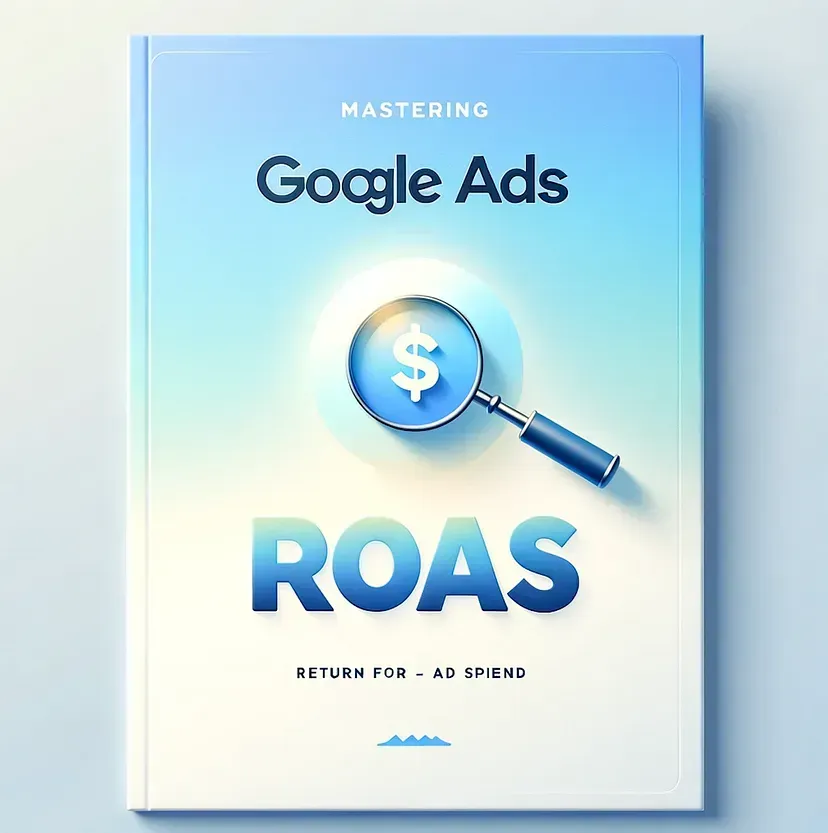Why Investing in SEO is More Crucial Than Ever in the Ad Buying Process
In the rapidly evolving world of advertising, staying ahead of the competition is no longer a luxury - it's a necessity. With consumers increasingly turning to online platforms to make purchasing decisions, businesses must find ways to stand out from the crowd. This is where Search Engine Optimization (SEO) comes in. Understanding the role of SEO in advertising is crucial to staying relevant and successful in today's digital landscape.
Understanding the Role of SEO in Advertising
Before we delve into the nitty-gritty of SEO in advertising, let's start with the basics. SEO, or Search Engine Optimization, is the process of optimizing a website's content and structure to rank higher in search engine results pages (SERPs). It involves various techniques and strategies aimed at improving the visibility and organic traffic of a website. By incorporating SEO into your ad buying process, you can increase the visibility of your brand and attract a larger audience.
When it comes to advertising, SEO works hand in hand with paid campaigns. While paid advertisements can drive immediate traffic to your website, SEO helps to build sustainable organic traffic over time. It focuses on improving the website's visibility in search engine results through the use of relevant keywords and high-quality content.
The Basics of SEO in Advertising
SEO in advertising involves optimizing various elements of your website, such as titles, meta tags, and URLs. These elements play a crucial role in determining how search engines perceive and rank your website. By incorporating strategic keywords into these elements, you can signal to search engines what your website is about, making it easier for them to rank your site higher in search results.
Additionally, SEO in advertising requires the creation of high-quality, relevant content. This content not only attracts and engages visitors but also helps search engines understand the purpose and value of your website. By crafting informative and valuable content that is optimized for search engines, you can ensure that your website appears in SERPs when potential customers search for relevant keywords.
The Evolution of SEO in the Ad Buying Process
Over the years, SEO has evolved to become an integral part of the ad buying process. In the past, advertising relied primarily on traditional mediums such as print, television, and radio. However, with the advent of digital advertising, SEO has emerged as a key player. It has become essential for businesses to optimize their online presence to stay competitive in the digital landscape.
With the rise of search engines like Google, Bing, and Yahoo, consumers have become increasingly reliant on these platforms to find products, services, and information. This shift in consumer behavior has made it crucial for businesses to prioritize SEO in their advertising efforts. By ensuring that their websites rank high in search results, businesses can increase their visibility, attract more organic traffic, and ultimately drive conversions.
Moreover, the evolution of SEO in the ad buying process has led to the development of various tools and techniques to enhance optimization efforts. From keyword research and analysis to on-page optimization and link building, businesses now have a wide range of strategies at their disposal to improve their search engine rankings.
In conclusion, SEO plays a vital role in advertising by improving a website's visibility, attracting organic traffic, and increasing brand awareness. By incorporating SEO into your ad buying process, you can optimize your website for search engines, ensuring that it appears in relevant search results and reaches a larger audience.
The Increasing Importance of SEO in Today's Digital Landscape
In today's hyper-connected world, consumers spend a significant amount of time online. As a result, businesses have shifted their focus towards digital advertising to reach their target audience effectively. This shift has given rise to the increasing importance of SEO in the ad buying process.
The Shift Towards Digital Advertising
Traditional advertising methods have limitations in terms of reach and targeting. Digital advertising offers businesses the ability to target specific demographics, interests, and locations, allowing for highly personalized and effective campaigns. SEO plays a crucial role in optimizing digital ad placements and maximizing their reach.
SEO as a Key Player in Digital Marketing
With the rise of digital marketing, SEO has become more than just a means to rank in search results. It has become a fundamental component of a comprehensive digital strategy. By investing in SEO, businesses can enhance brand visibility, increase website traffic, and ultimately generate more leads and sales.
The Impact of SEO on Ad Buying Decisions
When it comes to making ad buying decisions, SEO is a crucial factor to consider. Effective SEO can significantly influence ad placement and pricing, allowing businesses to optimize their advertising budgets.
How SEO Influences Ad Placement
Search engines take numerous factors into account when determining the placement of advertisements. One of these factors is the relevance and quality of the landing page. By optimizing your website through SEO techniques, you can increase its relevance and quality, improving your chances of securing prime ad placements.
The Role of SEO in Ad Pricing
Ad pricing is often based on an auction system, where advertisers bid for ad placements. Search engines consider the quality and relevance of an ad's landing page when determining its price. By investing in SEO, you can improve the landing page experience and quality score, potentially reducing the cost of your ad placements.
Future Trends: SEO and the Ad Buying Process
As technology continues to advance, so will the field of SEO. Here are a few predicted changes that could shape the future of SEO in the ad buying process.
Predicted Changes in SEO Practices
With the increasing importance of user experience, search engines are expected to place greater emphasis on factors such as website speed, mobile-friendliness, and voice search optimization. Advertisers will need to adapt their SEO strategies to align with these evolving practices.
The Future of Ad Buying with SEO
Looking ahead, the integration of SEO with artificial intelligence (AI) and machine learning technologies holds great promise. AI-powered algorithms can analyze vast amounts of data to deliver highly targeted and personalized advertising experiences. Advertisers who invest in SEO and leverage these technologies will have a significant competitive advantage.
Strategies for Incorporating SEO into Your Ad Buying Process
Now that we understand the importance of SEO in the ad buying process, let's explore some practical strategies to incorporate SEO effectively.
Tips for Effective SEO Use in Advertising
- Conduct thorough keyword research to identify relevant and high-traffic keywords to incorporate into your ad campaigns and website content.
- Optimize your landing pages by aligning their content, titles, headings, and meta tags with targeted keywords.
- Ensure your website is mobile-friendly and optimized for voice search to meet the evolving needs of users.
Avoiding Common SEO Mistakes in Ad Buying
- Avoid keyword stuffing, as it can negatively impact your website's search engine rankings and user experience.
- Don't neglect the technical aspects of SEO, such as optimizing website speed and ensuring proper indexing.
- Regularly monitor and analyze your SEO efforts to identify areas for improvement and stay ahead of your competition.
As the ad buying process becomes increasingly complex, investing in SEO has become more crucial than ever. By understanding the role of SEO in advertising, acknowledging its impact on ad buying decisions, and implementing effective strategies, businesses can elevate their brand and reach new heights of success in the digital landscape. So, embrace the power of SEO and unlock the true potential of your ad campaigns in today's competitive market.










